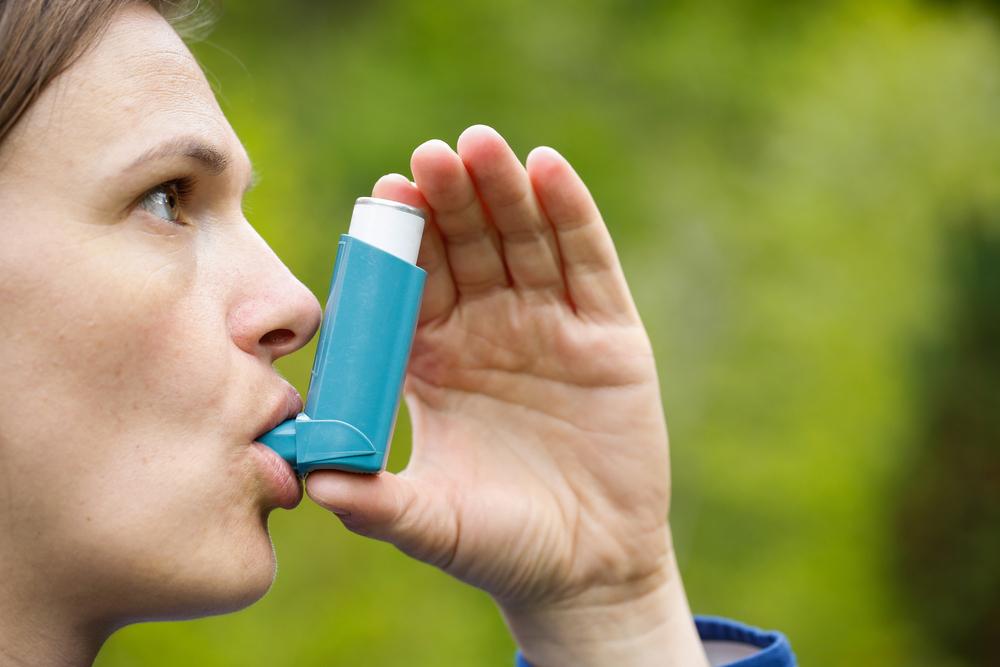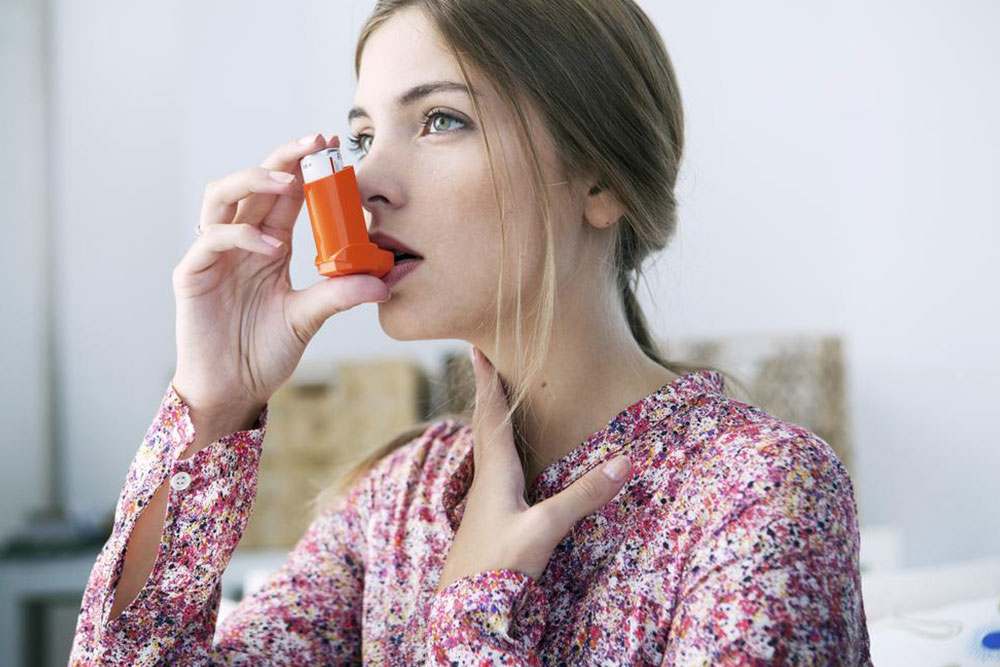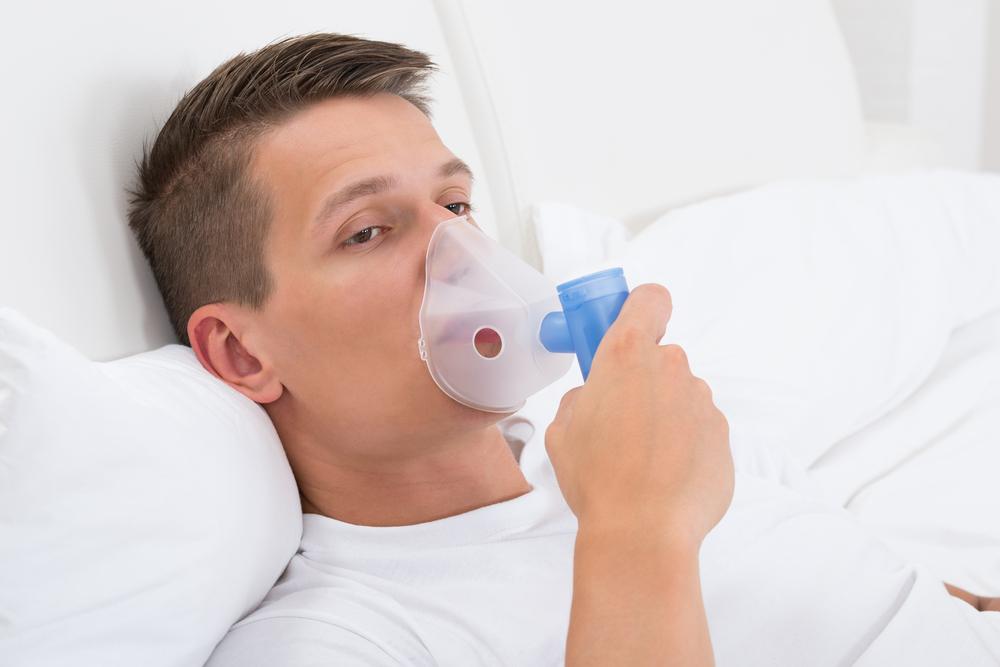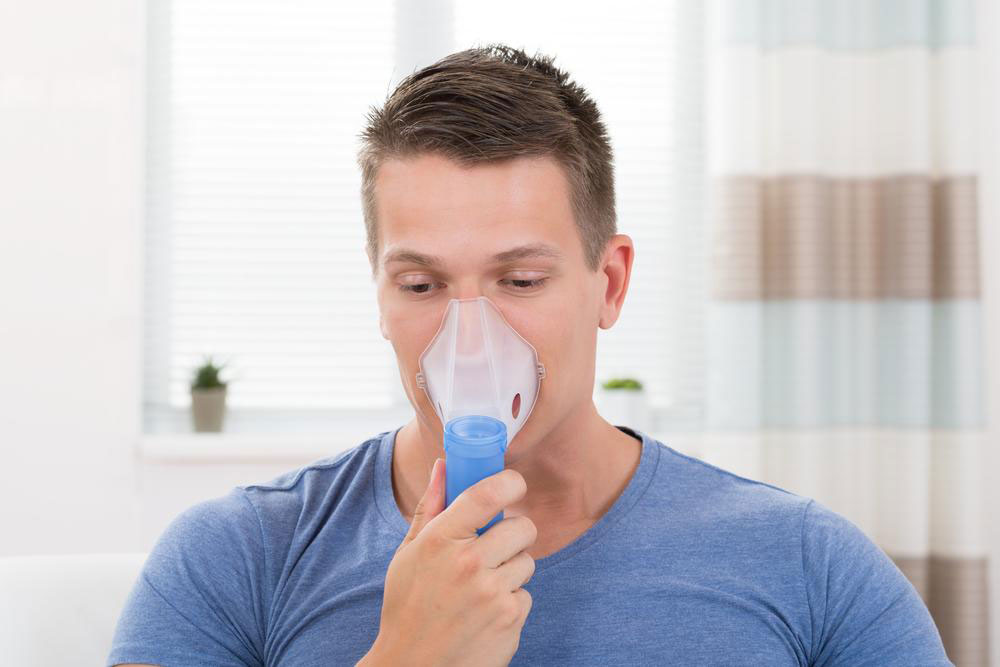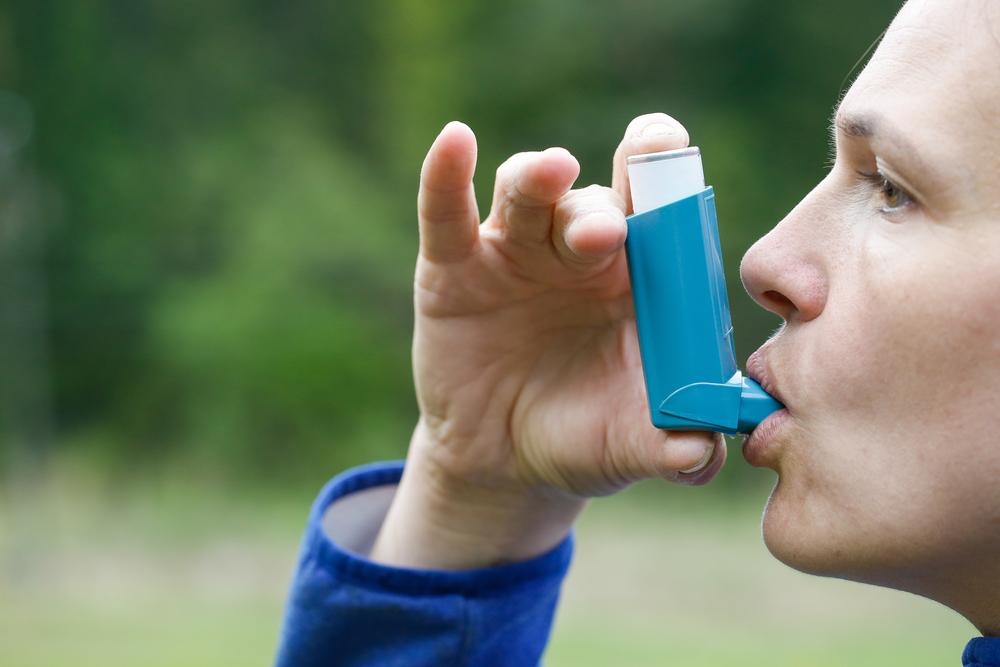Comprehensive Guide to COPD Inhaler Types
Explore the different types of COPD inhalers, including HFA, DPI, and SMI options. Each offers unique benefits for managing COPD symptoms effectively. Proper usage is key to optimizing relief, and consulting with your healthcare provider ensures suitable treatment. Whether portable inhalers or nebulizers, understanding their functions helps in making informed choices for better respiratory health.
Sponsored
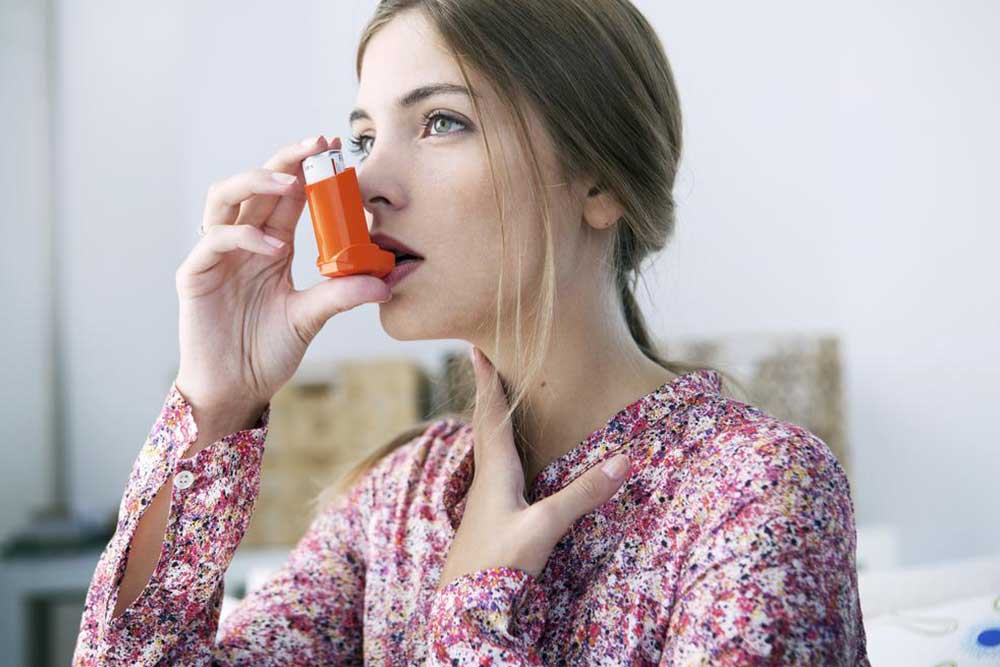
Understanding Different COPD Inhalers
Chronic obstructive pulmonary disease (COPD) is a lifelong condition with no cure. Nonetheless, various treatments help manage symptoms effectively. Inhalers are essential tools that soothe and relax the lungs, enabling easier breathing by relaxing airway muscles. Additional medications may be used alongside inhalers to enhance comfort and symptom relief. These medications are directly delivered to the lungs, offering targeted relief. When used correctly, COPD inhalers are among the most effective options for alleviating symptoms and improving quality of life.
Different types of inhalers serve various needs.
HFA Inhalers
HFA inhalers contain liquid medication delivered via an aerosol spray stored in a pressurized container. To use, position your lips around the mouthpiece, press the canister, and breathe in slowly to inhale the medication. Using a spacer can make inhalation easier and ensure full medication delivery.
DPI Inhalers
DPI inhalers emit dry powder instead of a liquid mist, serving the same purpose. Place your lips around the mouthpiece and inhale quickly and steadily. Remember to keep the device away from your mouth while exhaling to prevent moisture from entering and clumping the powder.
SMI Inhalers
SMI inhalers are advanced devices that deliver medication in a slow mist without needing fast or slow inhalation. Simply press the button and inhale gently through the mouthpiece. This type is considered one of the most user-friendly COPD inhalers available.
While nebulizers also deliver medication similarly, they are less portable and require a machine, making them less convenient for daily use. Both inhalers and nebulizers are prescription-only; over-the-counter bronchodilator inhalers should be avoided without medical advice, especially for individuals with certain health conditions like heart disease. For COPD sufferers, inhalers remain the safest and most effective treatment option for symptom relief.

